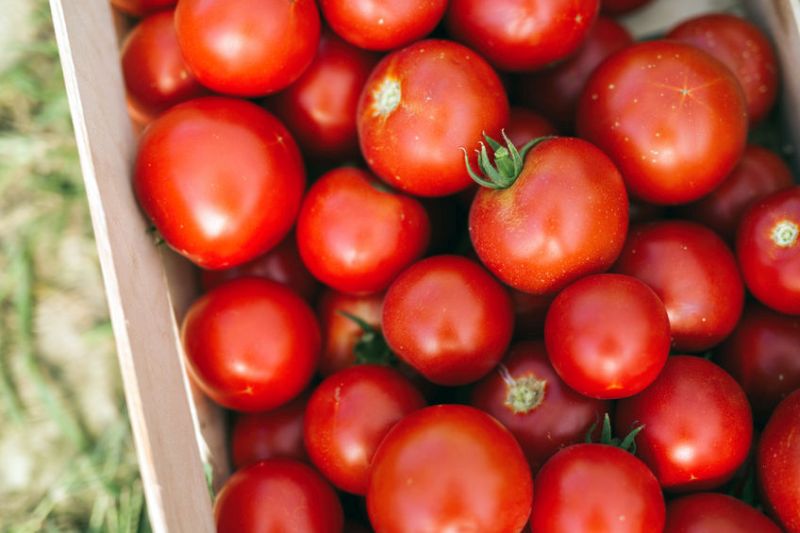
Farmers should be given the opportunity to grow more fruit and vegetables in a move which could reduce deaths from cardiovascular disease, a new study suggests.
It looked at the potential public health impacts of increasing the small proportion of suitable land currently used (less than one tenth) to grow fruit and vegetables in England.
Researchers from Imperial College London and the University of Liverpool found that an increase of up to 20% of suitable land could potentially help to prevent more than 18,000 deaths by 2030.
And an increase of up to 10 percent could help to prevent an estimated 3,800 deaths, the study's findings shows.
Published in the journal BMJ Nutrition, it says the UK should “seize this opportunity” to reform its agricultural policies through the new Agriculture Bill in order to boost public health.
Dr Jonathan Pearson-Stuttard, from Imperial’s School of Public Health, said: “It’s important we take steps to protect public health when thinking about Brexit’s impact on food production.
“Our research shows that changes to the new Agriculture Bill could substantially improve diets and potentially prevent thousands of deaths from heart disease and stroke.
“We should seize this opportunity to improve the health of the country.”
In the study, the team incorporated data from multiple sources, covering fruit and vegetable production, agricultural land use, and cardiovascular disease risk in England.
The researchers then modelled changes to the proportion of suitable land in England being used to grow fresh produce and the potential impact this could have on health outcomes.
Around 19% of agricultural land in England is suitable for growing fruit and veg, but only an estimated 1.4% of it is currently used to grow produce, as the country mainly relies on imports to meet demand.
The team modelled the impact of increasing the amount of suitable land used to grow fruit and veg to up to 10% and 20%, estimating associated increases in fresh produce production.
The team assumed that this change in land use will coincide with policies that target fruit and vegetable demand by, for example, facilitating access, improving quality and diversity, and supporting promotion of fruits and vegetables, such that extra production will be consequently consumed domestically, after considering losses between agricultural supply and purchases, as well as household waste.
Under this assumption, fruit and veg consumption would increase substantially with increased farming production – with people eating up to 17.9% more fruits and up to 37% more vegetables.
The researchers estimate that the additional health benefits from additional portions of fresh produce would prevent or postpone approximately 3,890 and 18,010 CVD deaths between 2021 and 2030 (for an increase in fruit and veg land up to 10 and 20 per cent of suitable land, respectively).
Paraskevi Seferidi, a PhD researcher at Imperial, said: “Our research assumed that extra production would be mirrored by extra consumer demand.
“For this to be possible, however, the post-Brexit agricultural policy should target the whole supply chain through a comprehensive strategy that increases demand as well as supply.
“A bold agricultural policy that increases consumption of fruits and vegetables by intervening across the supply chain can make the UK a global leader in integrating public health aims across public policy.”
